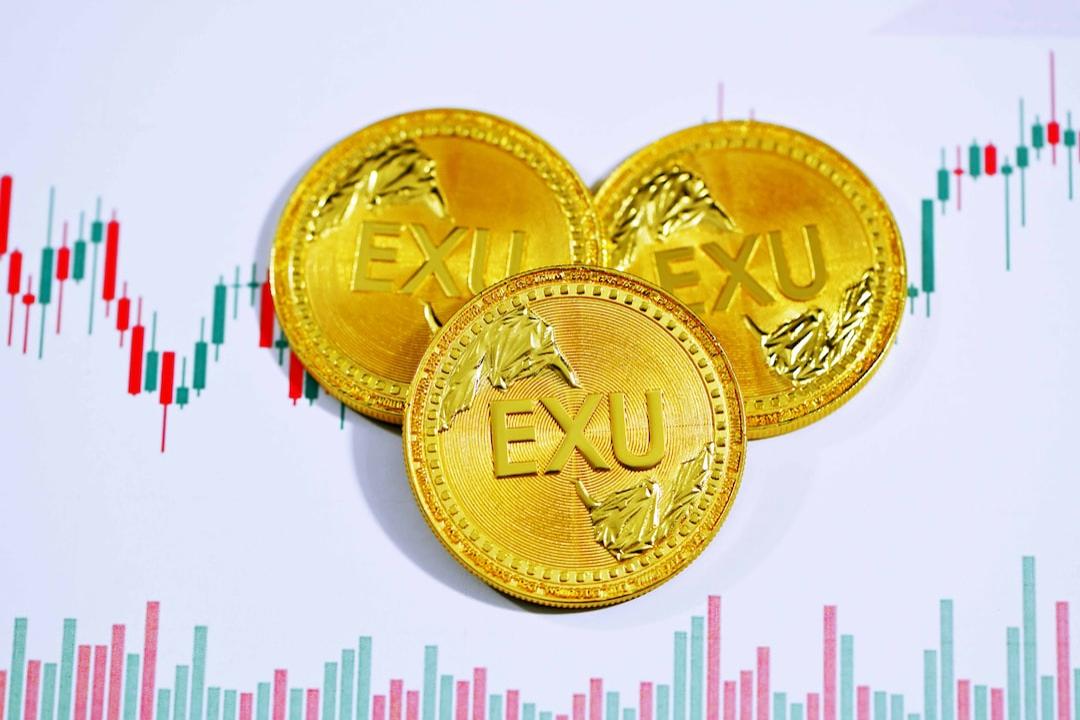BRICS is Accelerating Its Break from Western Financial Dominance
BRICS is accelerating its break from Western financial dominance with a game-changing payment system that could soon welcome non-members, challenging SWIFT’s global stronghold.
Lavrov Expects BRICS Alternative to SWIFT to Be Open to Non-Members
Russian Foreign Minister Sergey Lavrov, addressing journalists in Almaty on April 11 after a Commonwealth of Independent States (CIS) Council of Foreign Ministers meeting, expressed that countries outside the BRICS alliance could soon benefit from alternative financial systems being explored by the group. Lavrov emphasized the expanding nature of payment infrastructure within BRICS, with ongoing initiatives to reduce dependence on Western-dominated platforms.
Lavrov highlighted that Brazil has advanced a key proposal within the bloc aimed at establishing a new payment platform. He stated:
There are a number of other initiatives currently under consideration within the BRICS format, one of them being a proposal by Brazil to create an alternative payment platform, with work underway on this track.
The Russian official further added: “I am confident that countries, even those outside BRICS, will have access to such mechanisms when they are created.”
Lavrov’s statement signals a broader geopolitical ambition for BRICS to become a hub for emerging economies that are seeking alternatives to systems such as SWIFT, which are largely controlled by Western financial authorities.
In outlining practical steps already taken, Lavrov referenced Russia’s domestic system as a functioning model of financial autonomy. He explained:
There is an opportunity to form payment platforms independent of external influence, one example being the financial messaging system of the Bank of Russia. It is convenient, and it does not depend on any SWIFT network.
These remarks come as BRICS nations continue to explore financial cooperation tools, including de-dollarization and digital currencies, in response to increasing geopolitical tensions and global economic realignments.

